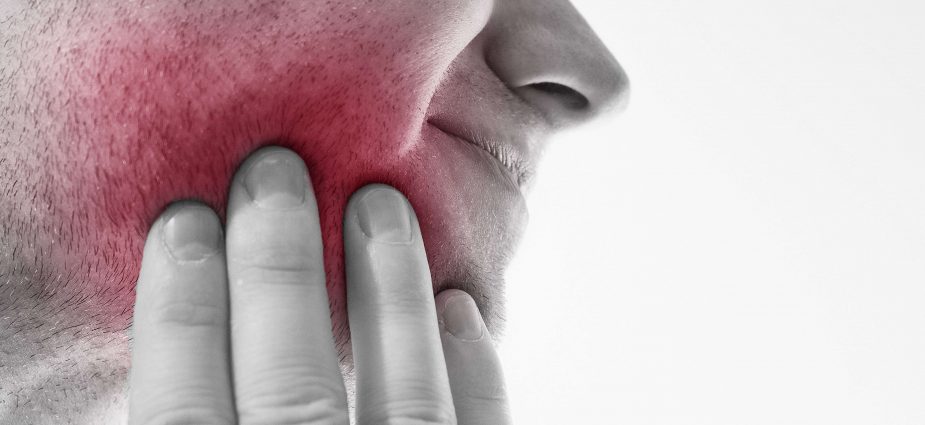The Correlation between Tooth Pain and the Sinuses

Under certain circumstances, a direct correlation can exist between a sinus infection and a toothache. A sinus infection might be caused by an allergic reaction, an anatomical obstruction in the nasal passage, another bodily infection (like a respiratory infection) or – and here’s where tooth pain comes in – an infected maxillary tooth. In fact, a person experiencing pain in many or all teeth may have a sinus infection. The face and neck may also contain cutaneous sinus tracts that are sometimes dental in origin.
Studies have indicated that in many cases, a correlation exists between sinus infections and caries (cavities), impacted wisdom teeth, incomplete dental work and tooth or crown fracture.
Additionally, untreated sinus infections may make it difficult to maintain dental hygiene. Sinus infections may be the culprit in cases of bad breath (also known as halitosis), as sinus drainage falls into the mouth.
Diagnosing Sinus Infections as the Cause of Toothache
In order to determine if a sinus infection is the root cause of a toothache, a dentist will typically perform a percussion test whereby he will gently tap on an individual teeth to establish where the pain is located. Pain located in all of the teeth signifies a sinus-related infection.
Treating Sinus Infections and their Effects
If left untreated, chronic sinus infections may have an effect on the teeth. In fact, people often struggle to differentiate between a sinus infection and toothache since the roots of the upper teeth are in close proximity to the maxillary sinus cavities. Seek the advice of a medical professional and possibly an ear, nose and throat specialist to determine an appropriate treatment plan.
Depending upon the source of nasal discomfort responsible for causing tooth pain, treatment may include nasal drops, allergy medication, antibiotics or an ongoing regimen of nasal washes. Additionally, dental treatment may be required to repair any areas that were affected by the sinus infection. ![]()


